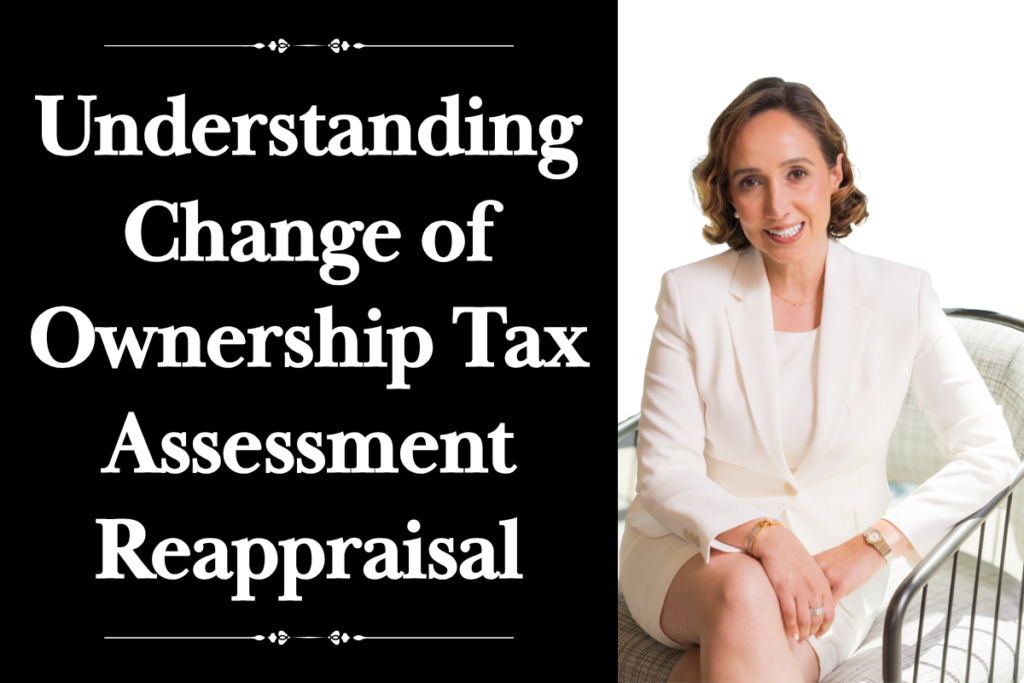
When real estate changes hands, it often triggers what’s known as a “reappraisal,” which can affect property taxes. Here’s a simplified look at how different ownership structures impact this process:
- Joint Tenancy: In this arrangement, all owners equally share the property. When one owner passes away, their share automatically goes to the surviving owners. A reappraisal for tax purposes happens when the joint tenancy ends, except in transfers between spouses/domestic partners or between parents and children.
- Tenancy-in-Common: Each owner holds a distinct percentage of the property. Upon death, an owner’s share goes to their heir. If a tenancy-in-common share is transferred (unless between spouses/domestic partners or parent/child), only the transferred portion is reappraised.
- Legal Entities (Partnerships & Corporations): When a controlling interest (over 50%) in a corporation or partnership is transferred, a reappraisal is required. The State Board of Equalization keeps tabs on these ownership changes to ensure compliance.
- Leases: Long-term leases (35 years or more) trigger a reappraisal. If a property on such a lease is subleased or transferred with more than 35 years left, it must be reappraised again. If the property is sold with less than 35 years on the lease, a reappraisal occurs.
- Trusts: Reappraisal happens only if there’s a change in beneficial interest or control. Revocable trusts, like living trusts, generally avoid reappraisal. However, irrevocable trusts might be reappraised if the new beneficiary isn’t the current owner.
- Methods of Holding Title: Simply changing the way a title is held doesn’t automatically lead to reappraisal. For example, if partners form a corporation but maintain the same proportional ownership, no reappraisal is needed.
Key Points
- Proposition 13: This California proposition requires properties to be reassessed for tax purposes when ownership changes occur.
- Consultation: It’s wise to consult the Assessor’s office before making ownership changes to understand potential tax implications.
- Documenting Exempt Transfers: If a transfer does not require reappraisal (like between family members), ensure that the relationship is noted in the deed and the Preliminary Change in Ownership Statement. This documentation helps avoid unnecessary tax assessments.
Source: California Title Company
Ready to sell? Know your home’s worth, click here.
Homes for sale in Carmel Valley click here.
Shirin Rezania Ramos | 858.345.0685 | www.shirinramos.com | Compass, DRE 0203379


